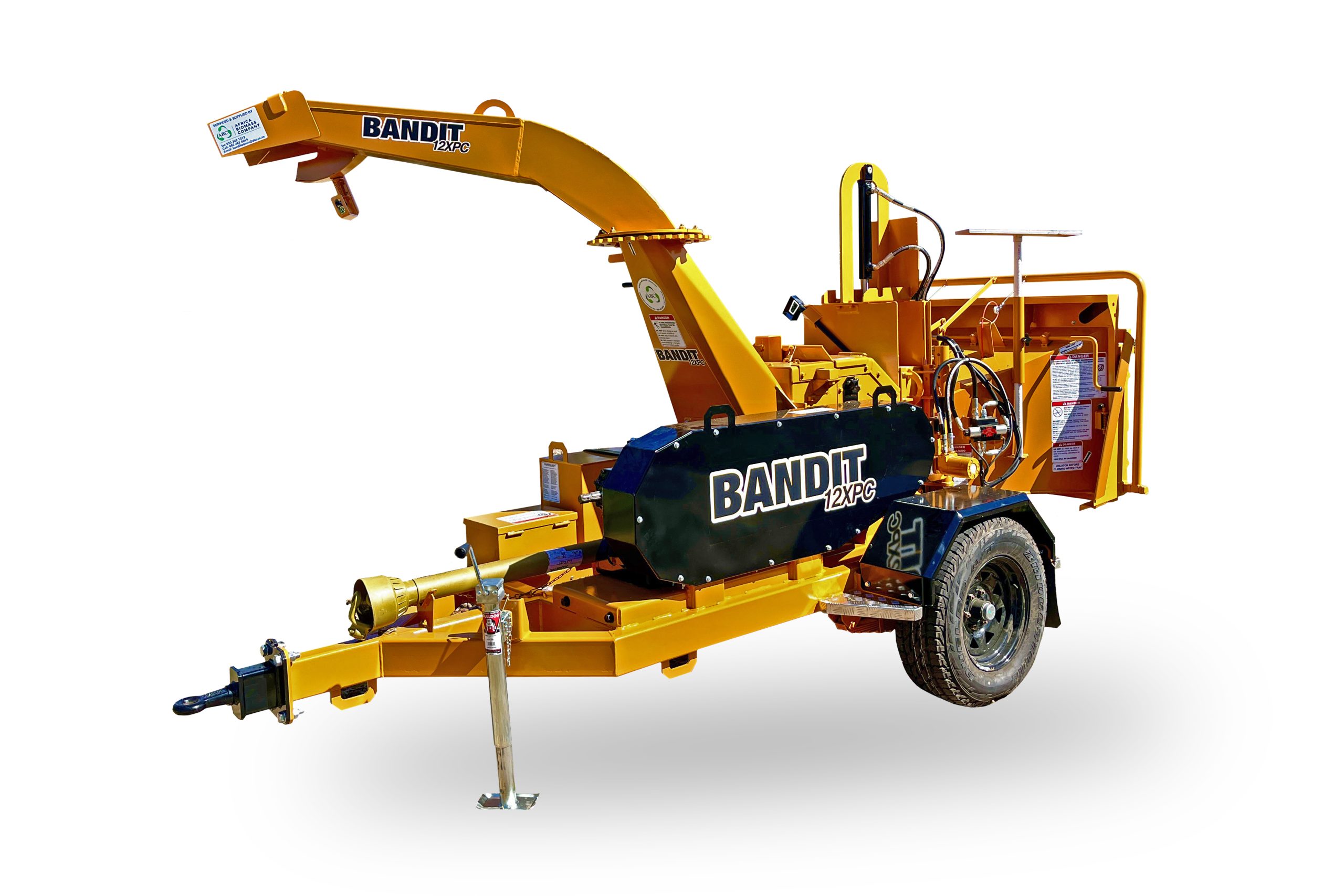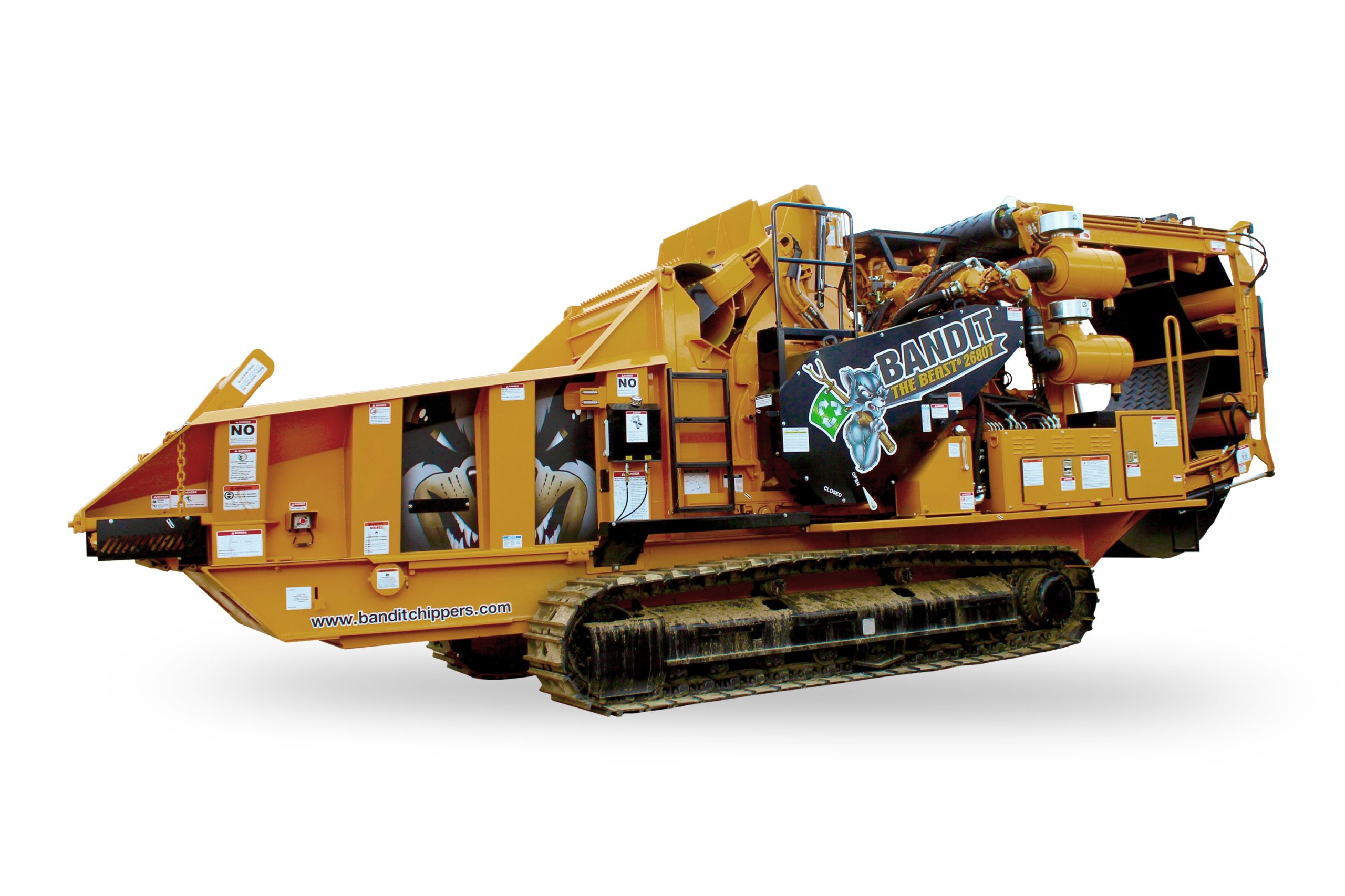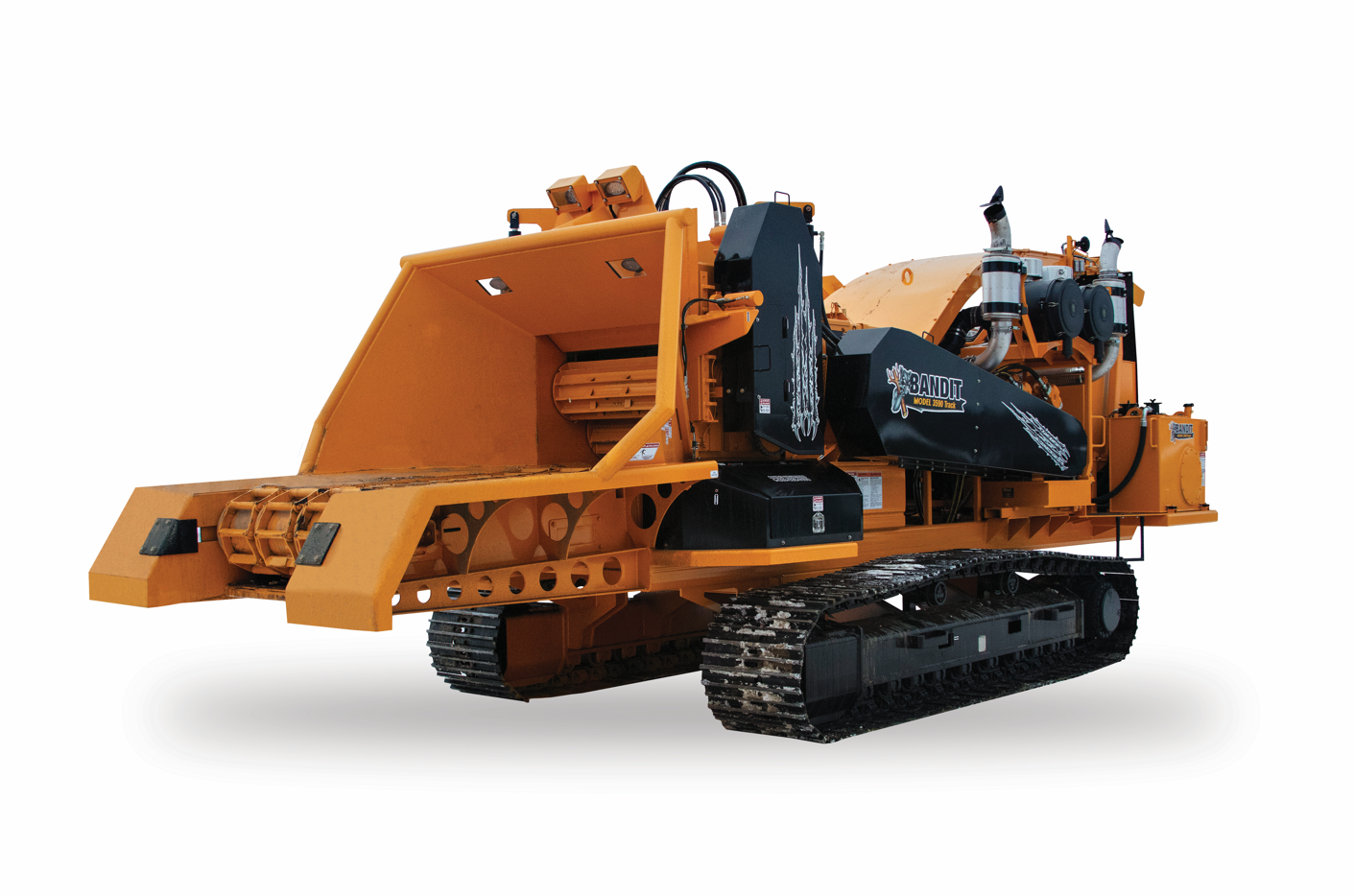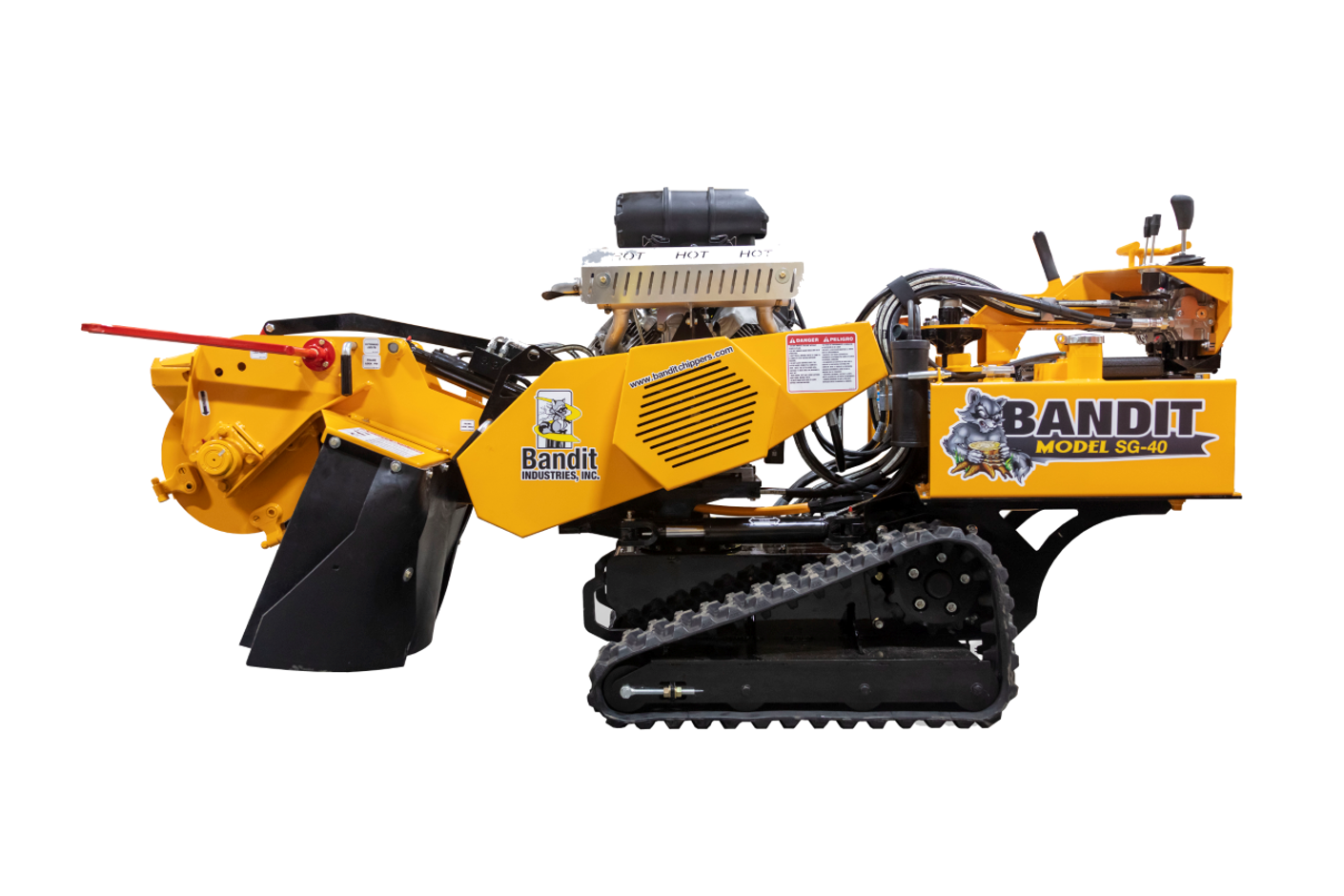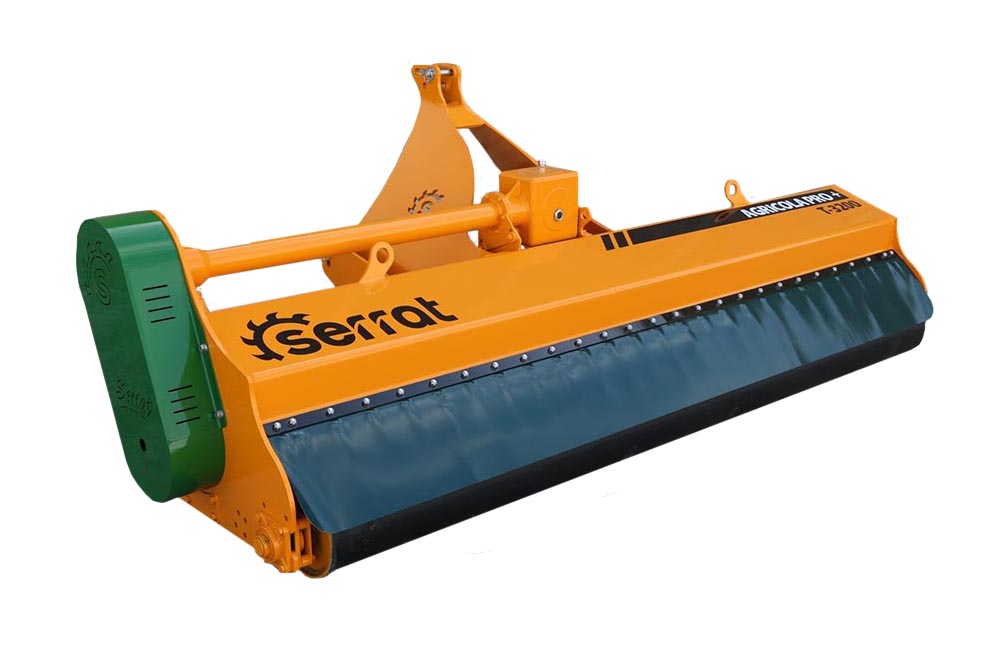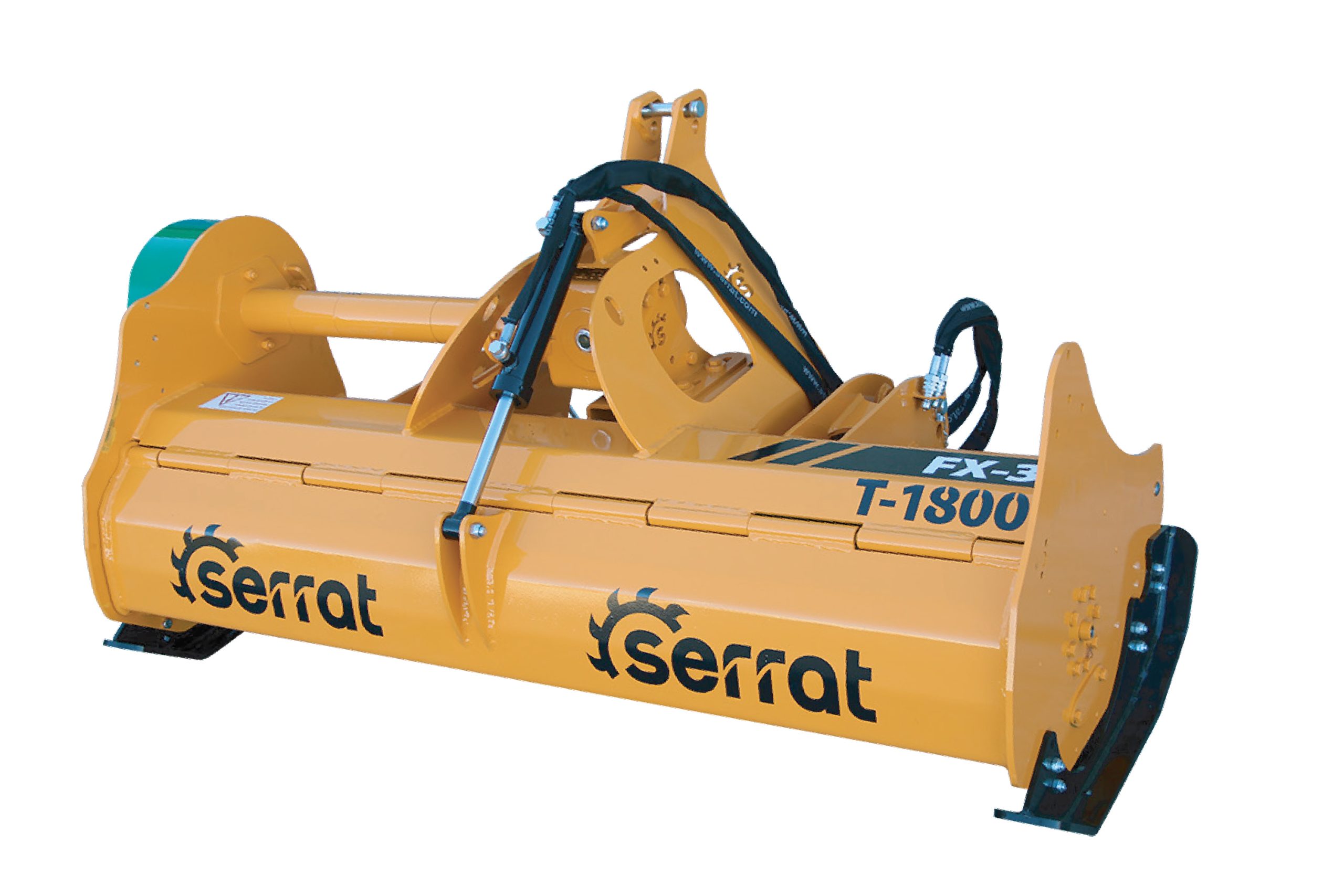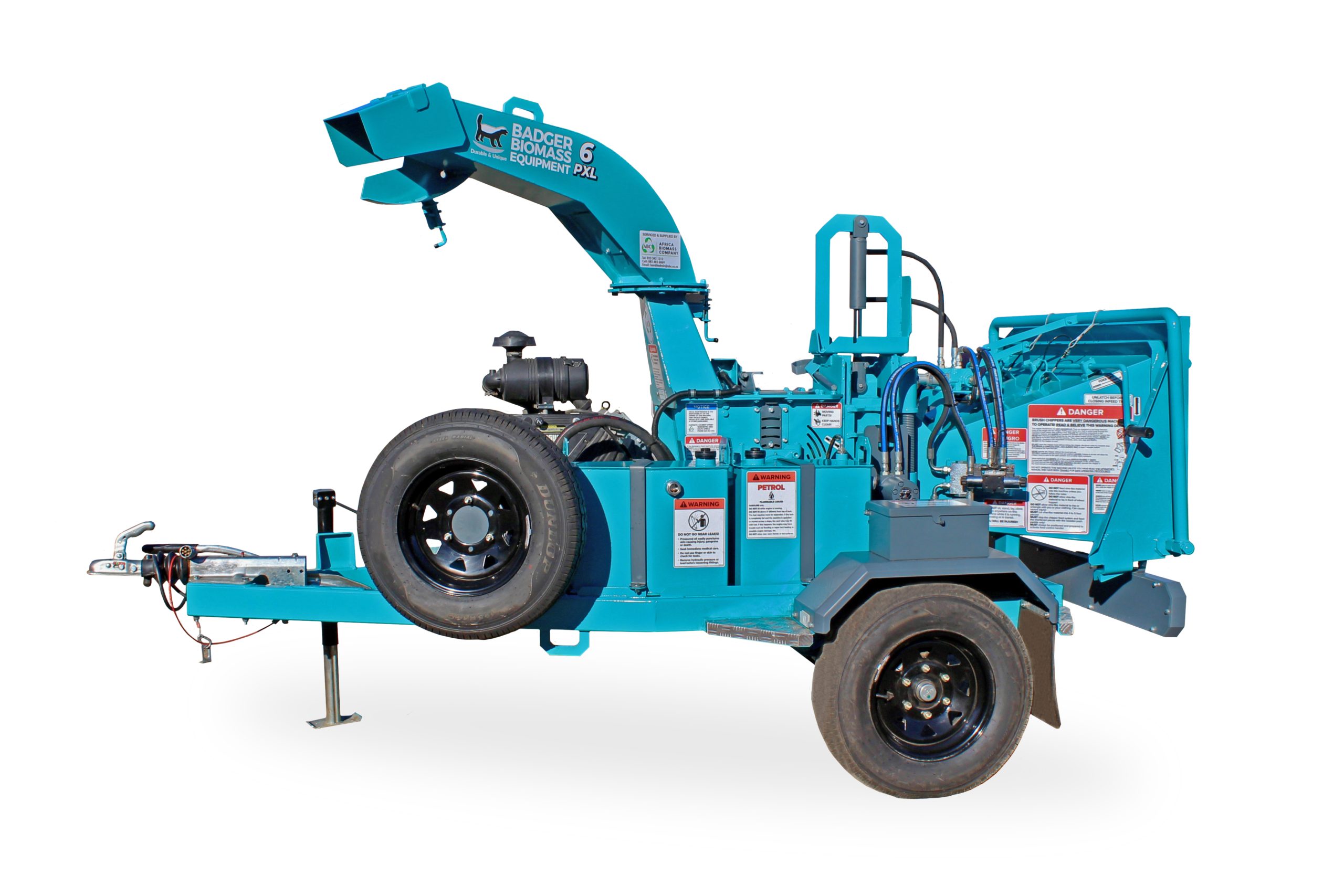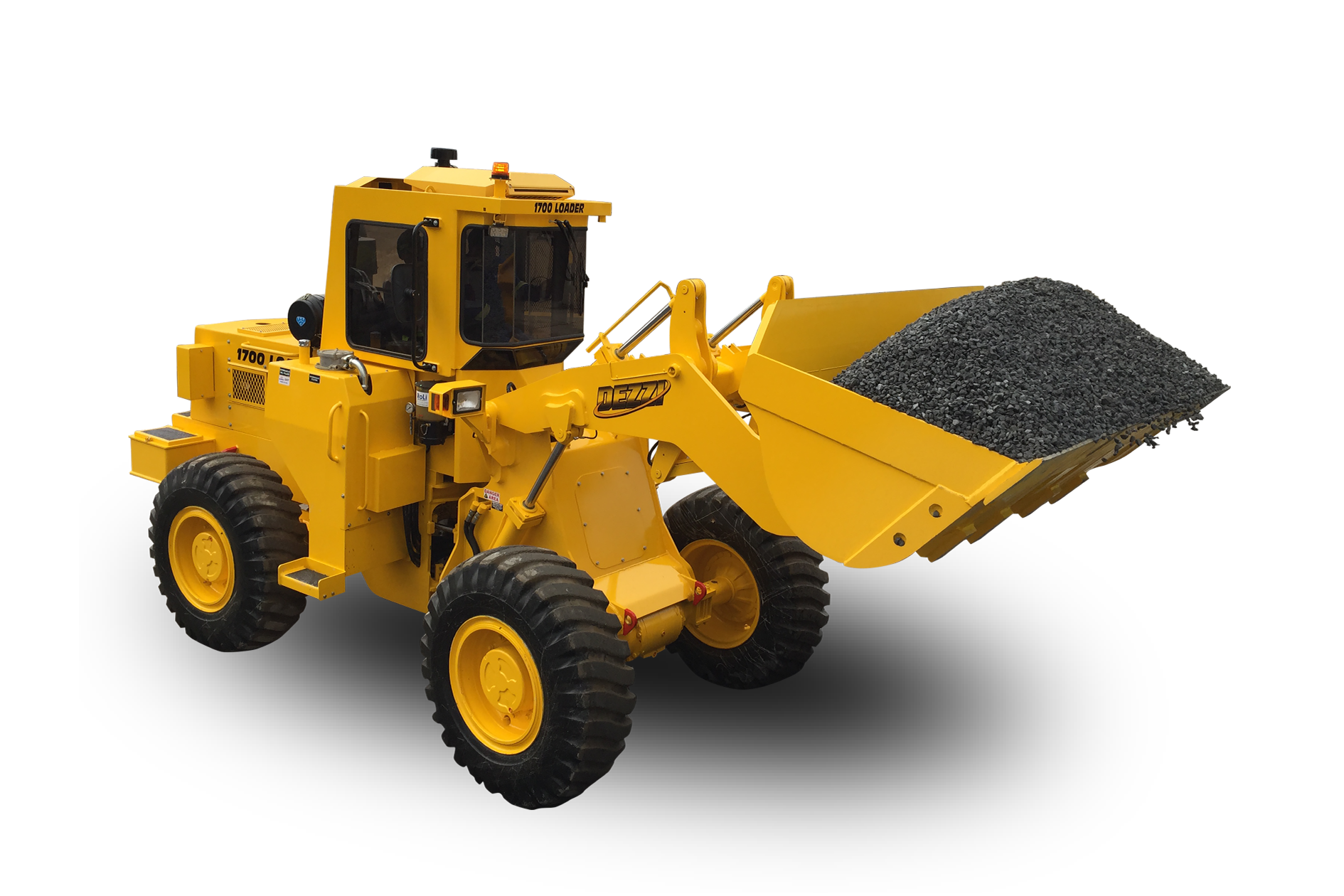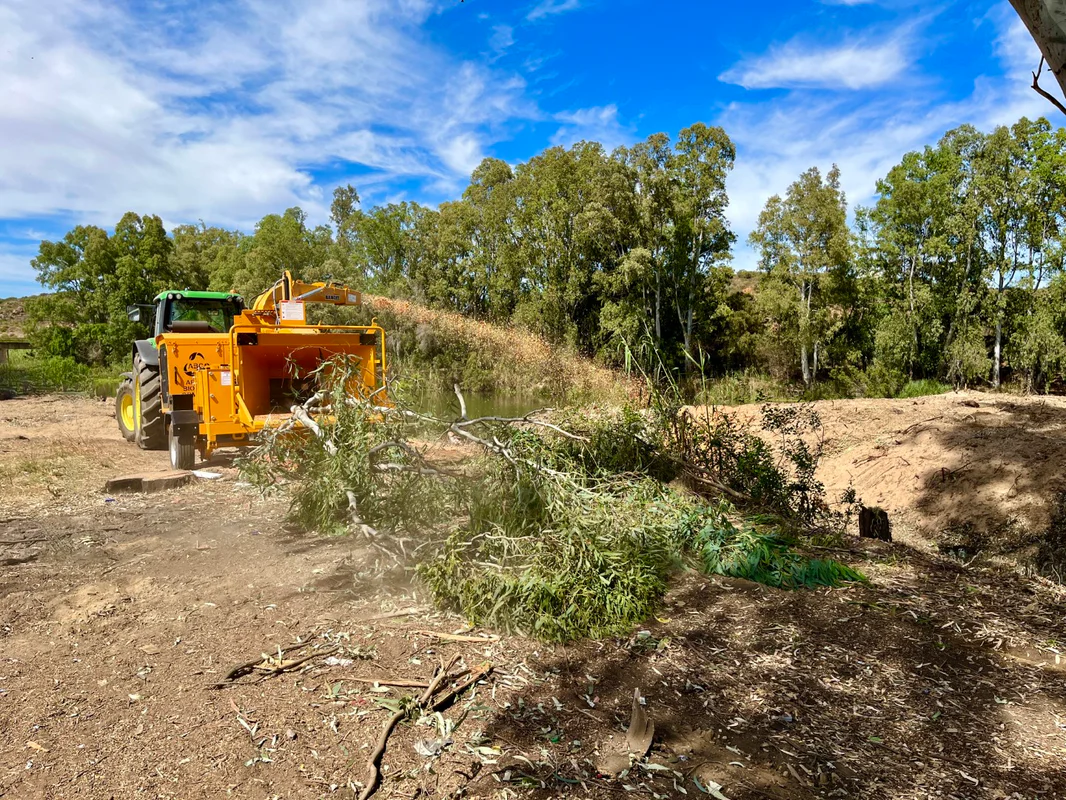Pruning your orchards and vineyards involves the taxing task of clearing and disposing of organic material. The thought of utilizing a chipper may have crossed your mind in such situations. However, deciding whether to purchase a chipper or contract a chipper service requires careful consideration of various factors. In this blog, we’ll be exploring the circumstances in which it makes sense to contract a chipper service or invest in one for long-term use.
Seasonality and property size
If you find yourself engaged in seasonal pruning and only require a chipper for a limited period, contracting a chipping service is the more sensible choice. The same is true for smaller agricultural properties and/or faming activities. By opting for a contractor in these instances, you can save money and avoid unnecessary capital expenditure.
Specialization and monoculture
Certain agricultural practices involve specialized cultivation and or monoculture that may not necessitate the use of a chipper throughout the year. Consider a farmer who focuses solely on nut farming. In such cases, hiring a chipper is often the wiser option. Since the need for chipping is restricted to specific times, it is more cost-effective to outsource the task to a professional who can provide specialized services, including the disposal and/or repurposing of the biomass.
Diverse Farming Operations
On the other hand, if you are engaged in diverse farming operations, involving multiple crop or vegetation management practices throughout the year, investing in a chipper becomes a viable solution. Owning your own chipper offers several advantages. Firstly, it grants you greater control over the process, enabling you to chip on demand and manage unwanted biomass efficiently. Additionally, operational savings in contractors’ fees usually justify the capital expense.
Scalability and long-term vision
If unwanted biomass is a by-product of future operation the decision to purchase a chipper becomes more compelling. By owning a chipper, you can effectively manage unwanted biomass and repurpose it into valuable biomass by-products.
Thus, deciding whether to contract or buy a chipper depends on several factors, including but not limited to the duration of pruning activities, farm activity size, the diversity of your operations, and long-term returns on investment. For those engaged in seasonal cutting or specialized cultivation with smaller operations, contracting a chipping service and outsourcing the task to professionals is often more cost-effective.
If you’re unsure if you should contract or purchase a chipper – contact us for an expert opinion.

